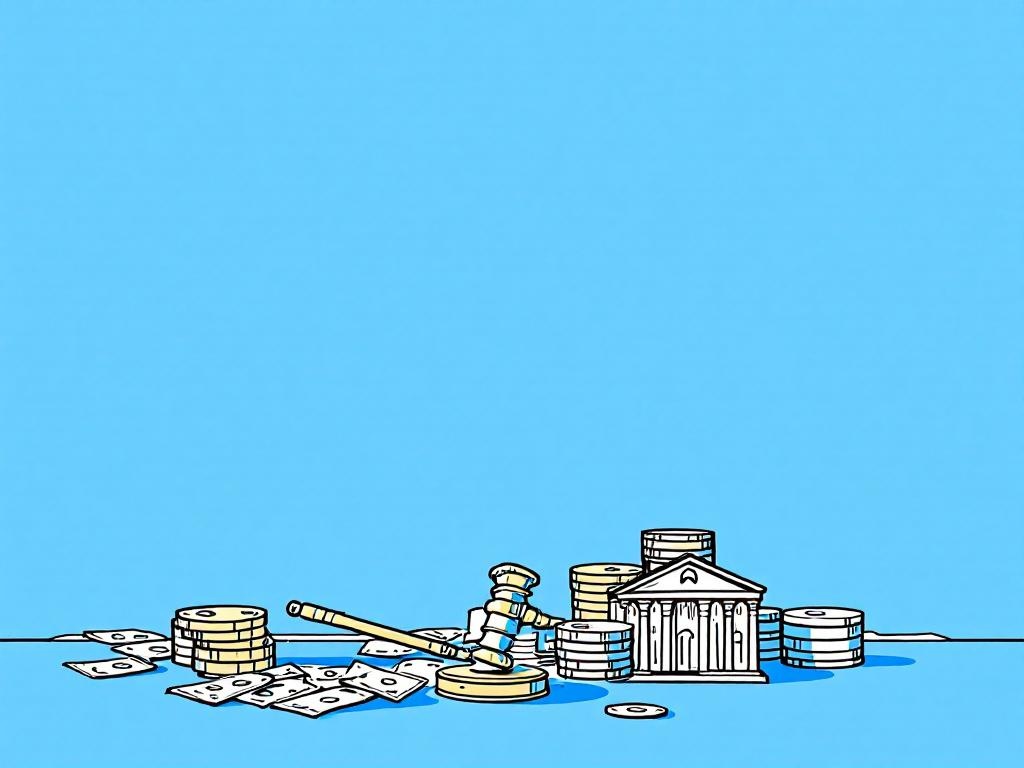US Court Rules Trump's Global Tariffs Mostly Illegal

Washington, D.C., Saturday, 30 August 2025.
A federal appeals court ruled that most of Donald Trump’s tariffs were illegally imposed under emergency powers, but temporarily keeps them pending a potential Supreme Court appeal.
Court Findings and Immediate Consequences
On August 29, 2025, a federal appeals court found that the majority of tariffs implemented by former President Donald Trump were imposed without lawful authority under the 1977 International Emergency Economic Powers Act (IEEPA). The court concluded that the IEEPA statute does not explicitly grant the power to impose tariffs, and thus, the former president exceeded his emergency powers. However, the court allowed these tariffs to remain temporarily in effect while the Trump administration considers an appeal to the U.S. Supreme Court. This stay will last until October 14, giving the administration time to file its appeal [1][2][3].
Political and Economic Implications
The court’s decision deals a critical blow to Trump’s use of tariffs as a strategic tool in his trade policy, particularly in his second presidency where tariffs played a central role in his foreign policy strategy. According to Secretary of the Treasury Scott Bessent, overturning these tariffs could lead to ‘dangerous diplomatic embarrassment,’ as they have been a linchpin in negotiations with several nations to address trade imbalances and other geopolitical issues [1][3][4]. The Trump administration initially justified these tariffs under the premise of addressing trade deficits and national security threats, including the fentanyl crisis, though these reasons were disputed in court [2][4].
Possible Supreme Court Challenge
The temporary hold on the court’s ruling provides a crucial window for the Trump administration to appeal to the U.S. Supreme Court. Should the Supreme Court uphold the lower court’s ruling, it could cause a substantial shift in American trade relations, as tariffs have impacted over $2.3 trillion of U.S. goods imports. Economists and foreign policy analysts have expressed concern over the long-term economic ramifications, including the potential escalation of trade tensions with countries affected by these tariffs [2][3][5]. The Treasury, U.S. Trade Representative, and the Department of Commerce have yet to issue a formal response to the ruling, indicating ongoing deliberations within the administration [2][3].
International Reaction and Future Outlook
Internationally, affected nations are closely monitoring the situation, with potential for retaliatory trade measures should the tariffs be upheld. The decision may redefine the U.S.’s approach to international trade policy, with increased emphasis on renegotiating terms without the leverage of steep tariffs. Experts caution that the diplomatic landscape could shift dramatically, affecting not only trade but also U.S. alliances and geopolitical strategies in the long term. Should the Supreme Court invalidate the tariffs, it may trigger a reevaluation of policies aimed at securing domestic economic stability while maintaining international trade vitality [4][5].